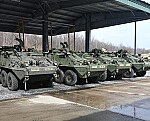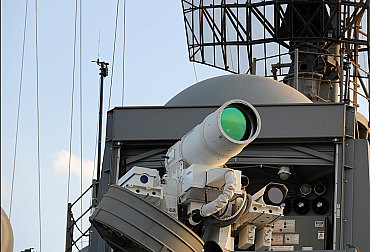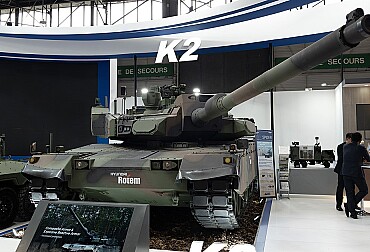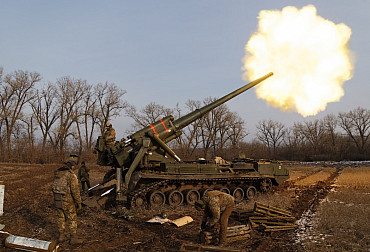Information warfare: The invisible front of the 21st century
Information warfare is becoming a central element of power politics in the digital era, reshaping global power relations. Advanced data manipulation techniques, cyberattacks, and psychological operations are defining a new form of conflict in which the line between peace and war is blurring. Success in this environment depends on the ability to control information flows rather than relying on conventional military power. The dynamics of modern information warfare have profound implications for international relations, national security, and societal stability. States and organizations face new challenges in protecting data, countering disinformation, and preserving democratic principles in an environment where information holds unprecedented strategic value.
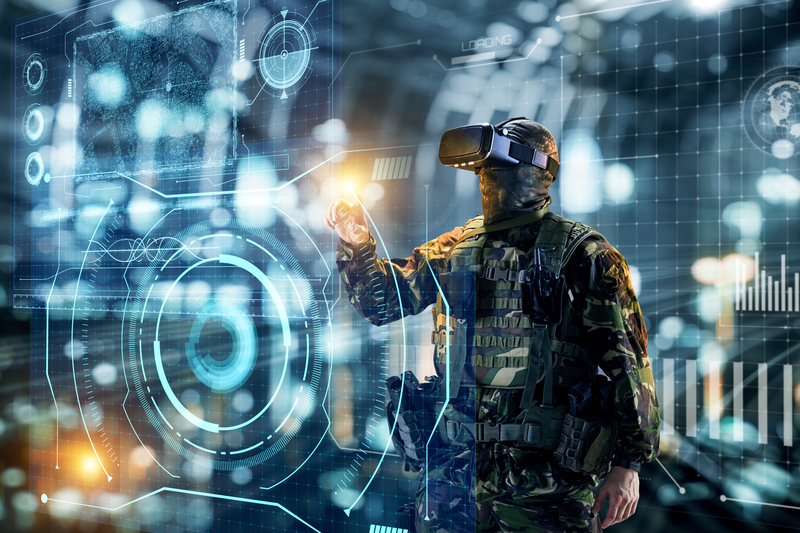
Information warfare is not a new phenomenon, but it is undergoing a fundamental transformation in the 21st century. With the rapid development of digital technologies, the near ubiquity of the internet, and the influence of social media, its possibilities and reach have expanded dramatically. While conventional military conflicts continue to influence international relations, the ability to manipulate information and disrupt key infrastructure through sophisticated cyberattacks is becoming an increasingly critical factor in national security and international diplomacy.
These developments are forcing states, international organizations, and non-state actors to fundamentally reassess their strategic capabilities in the information space. The boundaries between peace and war are becoming increasingly blurred, where subtle information operations can have the same devastating effects as traditional military actions, but without the visible deployment of armed forces.
1. The evolution of information warfare
Information warfare dates back to antiquity, but it has undergone a dramatic evolution. It has progressed from simple forms of propaganda and disinformation campaigns into a complex, multi-layered phenomenon. Today's information warfare encompasses a wide range of activities—from advanced attacks on computer systems to psychological operations and the manipulation of large volumes of data, including the use of artificial intelligence to create highly credible fake videos and audio recordings.
2. Tools and tactics of modern information warfare
Modern information warfare employs a diverse range of tools:
- Cyberattacks: Aimed at disrupting critical infrastructure, stealing sensitive data, or crippling communication systems.
- Social media: Serves as a platform for spreading disinformation, influencing public opinion, and creating closed information bubbles.
- Artificial Intelligence: Used to analyze massive datasets, predict behavioral patterns, and create personalized persuasive content.
- Quantum technologies: Have the potential to fundamentally change how communications are encrypted and secured, significantly impacting information operations.
- Insights from psychology and neuroscience: Applied to more effectively influence human decision-making and shape attitudes.
3. Psychological aspects of information warfare
A key aspect of information warfare is its psychological dimension. The goal is not only to spread false information but to shape the target group’s perception of reality. Techniques such as the strategic distortion of reality, the creation of seemingly spontaneous campaigns, or the exploitation of cognitive biases are integral parts of the arsenal of information strategists.
4. Impact on international relations
Information warfare is becoming a key tool of 21st century international politics. Many states are investing significant resources in developing their offensive and defensive capabilities in this area. At the same time, new alliances are forming and specialised organisations are emerging to combat disinformation and hybrid threats.
5. Technological trends and future challenges
Accelerating technological progress brings new challenges and opportunities in the field of information warfare:
- Quantum computers: They carry the potential to break current encryption methods and revolutionize data processing.
- Neurotechnologies: Open up possibilities for directly influencing brain processes.
- Internet of Things (IoT): Expands the space for potential cyberattacks and massive data collection.
- Advanced telecommunications networks (5G, 6G): Enable faster information transfer but also create new vulnerabilities.
- Synthetic media: Highly realistic fake videos (deepfakes) and AI-generated sounds pose significant challenges for authenticating media content.
Information warfare represents a fundamental shift in the understanding of conflict and power relations in the 21st century. Traditional concepts such as state sovereignty, territorial integrity, and conventional military power are being reassessed in the context of the global information environment.
A new form of asymmetric conflict is emerging where even less-equipped actors can effectively compete with established powers. At the same time, fundamental ethical questions about privacy, freedom of expression, and the integrity of democratic processes are being raised. How can we ensure the resilience of electoral systems in an era of sophisticated disinformation campaigns? How can we balance the demands of national security with the preservation of civil liberties? These complex questions will undoubtedly shape political and legal debates in the years, and perhaps decades, to come.
Conclusion
In the near future, we can expect further convergence of the physical and information spaces. Augmented Reality (AR) and Virtual Reality (VR) technologies open up entirely new possibilities for conducting information operations. Imagine a scenario where an attacker can alter perceptions of reality in real-time through AR goggles or brain implants.
At the same time, there is potential for the development of "cognitive inoculation"—methods designed to strengthen the resilience of individuals and communities against information manipulation. This strategy may involve using neurotechnologies—advanced tools that allow direct interaction with the human nervous system—to enhance critical thinking or deploying artificial intelligence systems capable of detecting and neutralizing misinformation in real-time.
The ultimate challenge will be to create a global information ecosystem inherently resistant to malicious manipulation while preserving the openness and freedom of expression that underpin innovation and democratic societies. Achieving this vision will require unprecedented international cooperation, significant investment in education, and the development of advanced technological and legal tools.
Information warfare is not just a new security challenge but a factor fundamentally changing social structures and international relations. It requires a comprehensive approach that combines technological solutions with the development of critical thinking and media literacy. In today's world, where information often carries more weight than physical force, the ability to analyze, verify, and strategically use data is becoming crucial for national security and social stability. The future of conflict and diplomacy will increasingly be shaped by how we meet the challenges of the information age.




